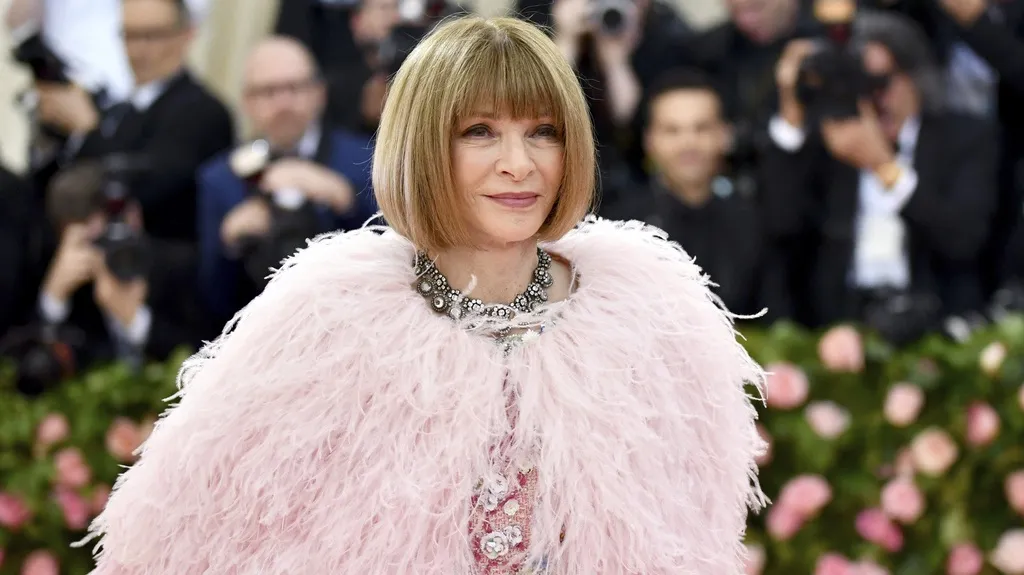February 26, 2017
Photo Essay: Discovering South Africa
Matthew Wexler READ TIME: 5 MIN.
It's been nearly 20 hours in the air since I left the U.S. My body is in knots, a dry metallic taste in my mouth from Xanax, Ambien and copious wine. The presidential election and subsequent Trump victory will have taken place during my absence. If I had known the results in advance, I might have packed enough underwear for ... well, the rest of my life. But we are not the only ones to splinter in the face of freedom. South Africa's democratic government is a mere 24 years old - millennials, in other words.
With that youthful, political exuberance comes centuries-old beauty. The sweeping topography provides a backdrop for the "big five" (leopard, buffalo, elephant, lion and rhinoceros), rolling hills dotted with award-winning vineyards and dramatic landscapes that rise from the Cape of Good Hope to the top of Table Mountain.
Then there's the legacy of Nelson Mandela, which permeates throughout the country. It is a lens by which all of South Africa seems to be filtered. This fresh idea that humankind - an array of skin tones, sexual orientations, gender identities and socioeconomic disparities - is just that. Human.
Robben Island
This year marks Robben Island's 20th anniversary as a museum, national estate and World Heritage Site, though its use as banishment for prisoners dates back to 1615.
Nelson Mandela was incarcerated here from 1964 to 1982, and while his fortitude fueled South Africa's democratic evolution, Robben Island holds many examples of resilience, including Prisoner 38/84.
Kgotso was 19 years old when he was convicted of treason and sentenced to 25 years. He now returns to the island where he was held captive to give tours, saying, "What happened in South Africa should never happen again."
Cape Town's LGBT Scene
Ahead of the global curve, South Africa legalized same-sex marriage in 2006. Pride celebrations are held in Cape Town and Johannesburg, along with events that include the Out in Africa International Film Festival and the Pink Loerie Mardi Gras and Arts Festival.
"I felt a warmth from the people in South Africa and found my time there very welcoming," says Australian relationship coach and travel writer Megan Luscombe of her recent visit. "The LBGT scene is exciting and on the brink of new territory, with Cape Town's newly opened Gate 69 cabaret theater exemplifying the entrepreneurial spirit of a community planting its stakes in a country where 'democracy' and 'freedom of speech' are not taken lightly."
Discovering the Big Five
Going on safari is part of the quintessential South Africa experience. One is awoken at the crack of dawn (actually before the crack, when the sun is still tucked under the cover of night). Strong coffee fuels the morning drive, followed by a leisurely breakfast, perhaps a massage or nap, lunch and an evening drive in pursuit of the continent's most majestic creatures.
The "big five" were so named because they were the most difficult to hunt on foot. Though poaching still exists, these days most hunting is done with cameras in lieu of shotguns. Even so, the survival of these majestic animals can be as perilous as the delicate ecosystem that surrounds them.
As I'm sitting in the jeep on day three of my safari at Shamwari Game Reserve, my mind wanders to my own "big five" list: Nelson Mandela, Mahatma Gandhi, Harvey Milk, Gertrude Stein and Oscar Wilde. The list continues in my head - Susan B. Anthony, Larry Kramer, Martin Luther King Jr. - until a tower of giraffes wanders by. Necks outstretched, they look into the South African horizon and I follow their gaze, wondering how far freedom reaches when there are no boundaries.
Resource Guide
Matthew Wexler is EDGE's Senior Editor, Features & Branded Content. More of his writing can be found at www.wexlerwrites.com. Follow him on Twitter and Instagram at @wexlerwrites.


